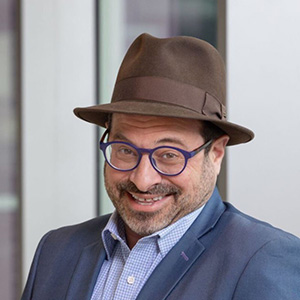
Jeremy Simon
Here’s a six-pack of tips to help you collect, curate, and manage great testimonials that will motivate your donor base. (For examples of organizations using testimonials, here are 23.)
1. Cast a Wide Net
The more impact statements you have about your work, the better equipped you are to choose great ones. Some organizations may only consider their end beneficiaries when asking for these statements. Think also about your volunteers, donors, staff, government officials, and anyone who may say something good about you for public consumption. In fact, quotes from those beyond “the usual suspects” remind donors of your far-reaching societal impact.
2. Say One Thing Well
A testimonial is not supposed to capture all you do, so don’t ask it to! Focusing on just one or two key points will make your testimonials easier to absorb.
3. Feel the Feels
Donors want to feel good about their commitments, and seeing that you’ve made others feel good can help spark that. So, look for quotes that reflect the emotions and human impulses of those you serve. How did it change them for the better or transform their families or communities? Include colorful and memorable details; hold the boilerplate.
4. Curate Quotes Rigorously
The testimonial you ask for may arrive at your desk with digressions and imprecise thinking. Tighten it! The final testimonial should express points concisely and clearly, sound natural when read out loud, and end on a resonant note. Trim away anything that doesn’t serve these purposes. That doesn’t mean “stick to one sentence,” but do make every word count. If you need to add context, include a few details in the attribution or pick a quote that’s easier to understand at face value.
5. Think Multipurpose & Multimedia
Because they’re short and impactful, testimonial quotes can be a great utility tool for your outreach toolkit. Use them in annual reports, in slide presentations, or in website carousels (as MPW client Bert Nash Community Health Center expertly does). Build them into branded graphics for social media. Collect quotes on video if you can: the DIY quality of a simple Zoom or iPhone clip can work to your advantage.
6. Manage Them as You Would “Real Content”
Don’t wait until you need one to create a testimonial assets folder or spreadsheet. Be sure to get explicit usage permission from the person you’re quoting, not only for their original statement but for any edits you make to it. Track your usage of testimonials and their origin dates to know when it’s time for a refresh.
If you need a respite from your relatives later this month, we’re happy to connect with you to support your fundraising messaging and outreach or to swap recipes (like this one).
Wishing you a peaceful and fulfilling holiday season!



